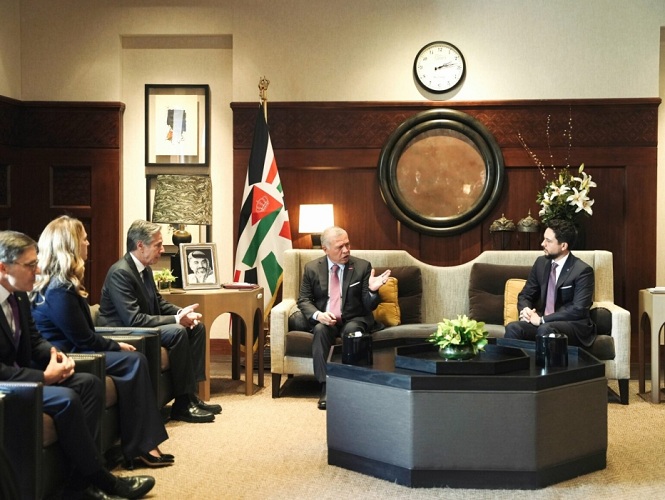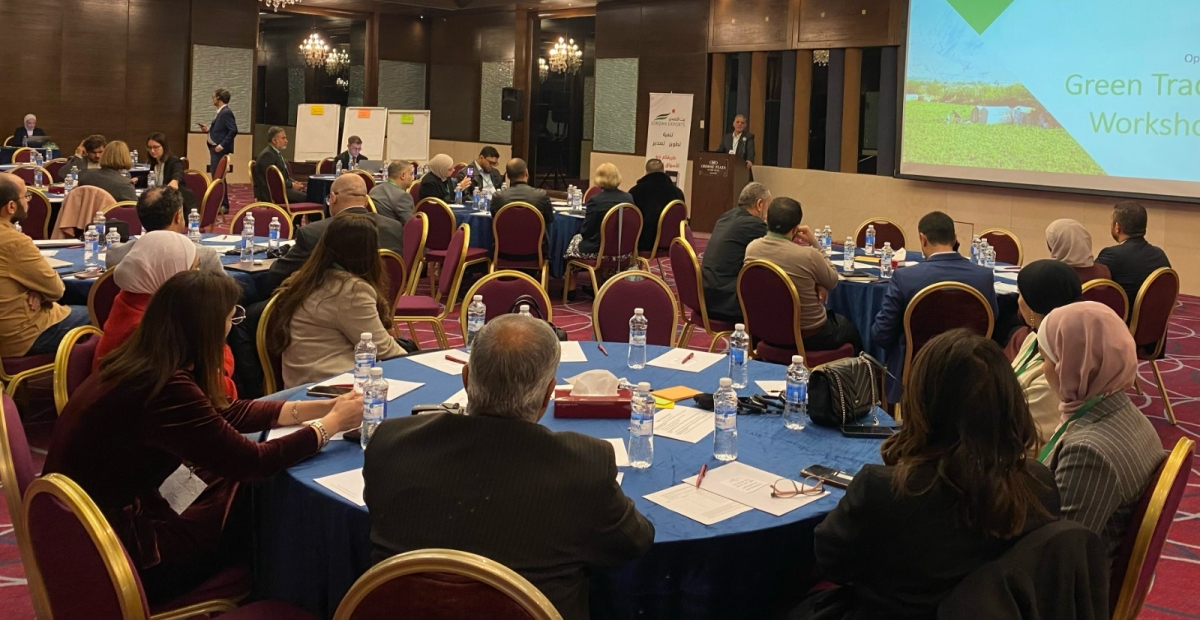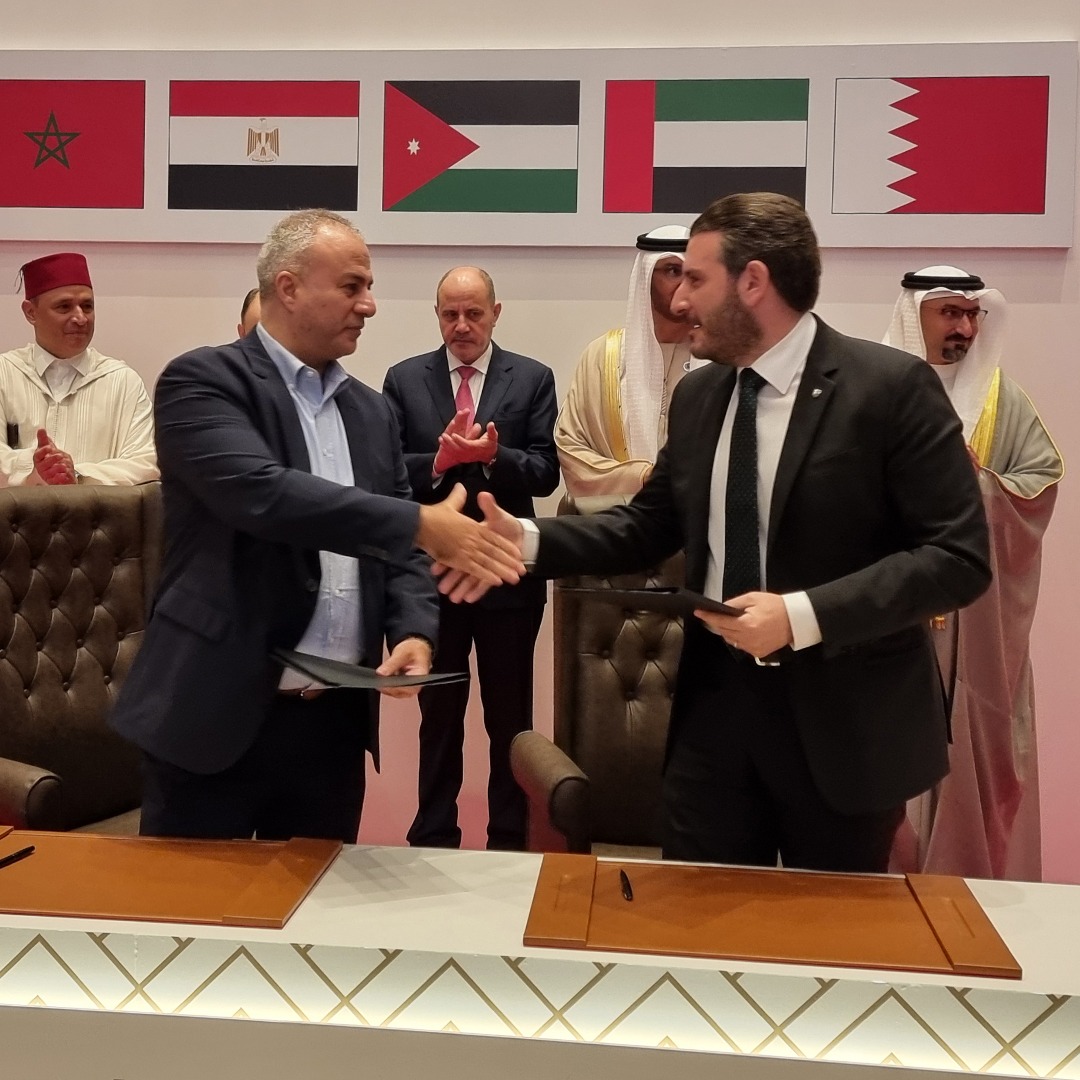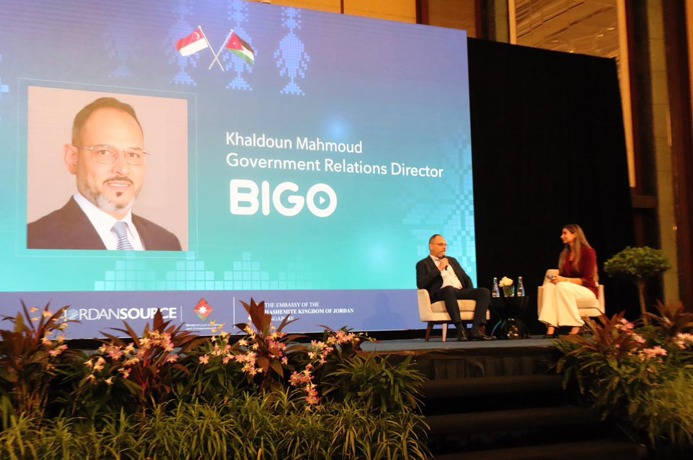Call for Expanding Field Crop Cultivation
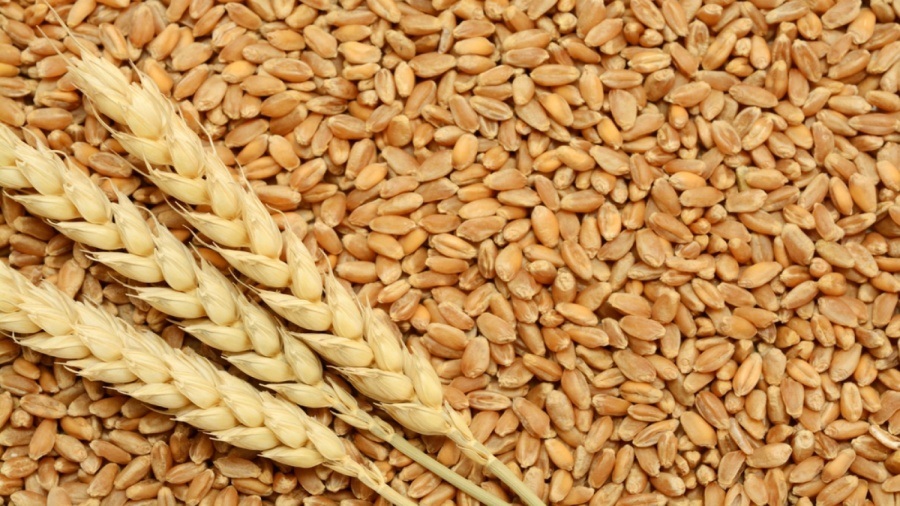
Al-Anbat -
Al-Anbat -Sally Al-Sbeihat
Translated by:Lima Zeitawi
Field crop cultivation (wheat and barley) is a strategic goal and an important material for survival because it is considered a raw material for many food industries and a major commodity in trade, and it contributes to the creation of job opportunities for workers. The wheat production sector is important and vital, and the sector needs care at various levels. It is important to create motivation for people to grow wheat and invest in it and to raise awareness of the importance of exploiting areas eligible for the cultivation of field crops.
According to the Department of Statistics, the cultivated and harvested area and production of field crops in Jordan for the year 2021 were as follows: 166,360.0 acres of wheat, 123,046.5 acres of harvested area, and 25,806.6 acres of production; 721,218.1 acres of harvested barley, and 76,291.0 acres of production.
Accordingly, Assistant Secretary-General for Plant Wealth Abdul Wali Tahat said that the cultivation of field crops (wheat and barley) is one of the most important and strategic crops for the advancement, and the Ministry of Agriculture has made equipment, procedures, measures, guidance, and mechanisms to serve the Jordanian farmer, support them, and spread them in the governorates as a pest, especially in areas where field crops are cultivated.
He pointed out that annually the statistics of the areas of land suitable for wheat and barley farmers are prepared, and that annually the areas increase according to the rainy season and its quantities, and that until this moment the number of lands is unclear, explaining that the cultivation of field crops in the main areas of Jordan depends on the amounts of rain and that there are irrigated crops in the areas of Zarqa and Mafraq to secure the quantities of seeds.
He stated that Jordan's production of field crops (wheat and barley) amounted to approximately 25 thousand tons, and this depends on the cultivated areas, which depend on the rainy season.
In turn, the Director General of the Agricultural Loan Corporation, Eng. Muhammad Dogan Al-Balawneh, said that there is a program for field crops supported by an interest rate of approximately 2% to encourage farmers, especially in irrigated or rain-fed areas where rainfall rates are above 200 mm, indicating that the institution has an interest-free program of up to 20 thousand dinars for green fodder crops in treated water areas to increase the use of this water in return for ensuring that it does not affect public health.
Dogan Al-Balawneh told Al-Anbat that the Agricultural Lending Corporation supports most agricultural projects, particularly qualitative and pioneering projects, deficit crops, and tropical crops, until the end of the allocations, revealing the institution's lending plan for 2023 with a value of 50 million dinars directed to the agricultural sector, including 3 million dinars in interest-free loans for the purchase of plant and animal production requirements. The wheat production sector is important and vital, and the sector needs care at various levels. It is important to create motivation for people to grow wheat, invest in it, and raise it. The other part is directed at qualitative, entrepreneurial, deficit-crop, and modern aquaculture and mechanization projects.
During previous statements by Minister of Agriculture Khaled Al-Hneifat, he announced the approval of a plan to expand the cultivation of field crops (wheat and barley) through 4 main interlocutors, stating that the plan is to allocate non-interest-free loan packages to farmers through the Agricultural Lending Foundation for the purpose of production supplies for field crops (wheat and barley) and to provide seeds to farmers in farming areas for real crops. awareness of the importance of exploiting areas eligible for the cultivation of field crops.
